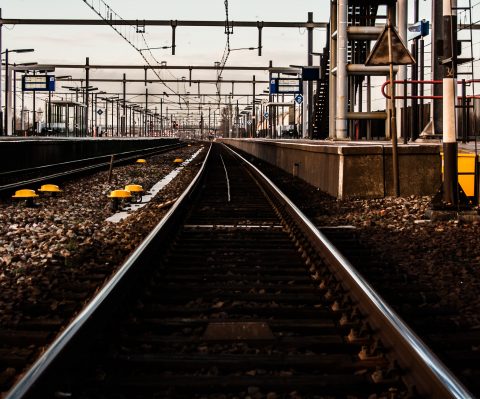
Many countries in Europe have enabled access to rail at a reduced or even nullified rate in order to support railways during the pandemic. This…

Many countries in Europe have enabled access to rail at a reduced or even nullified rate in order to support railways during the pandemic. This…
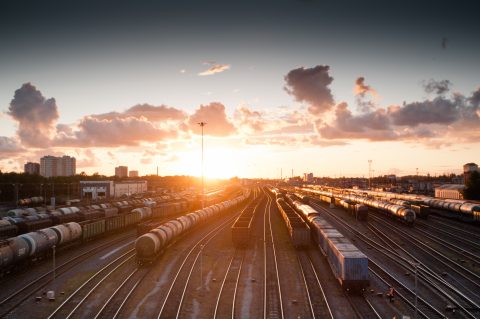
Much of the European rail network is currently free of charge. This is thanks to the regulation that allows for a waiver, or reduction of…
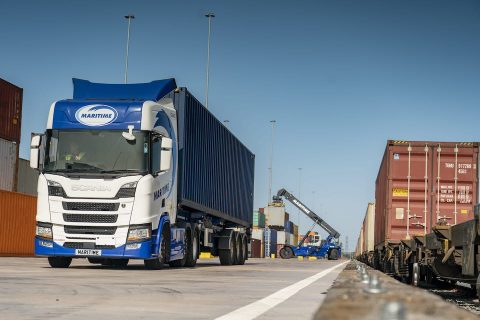
European policy makers should find a way of charging for infrastructure that incentivises the greenest possible choice of modality. This requires a multimodal approach, rather…
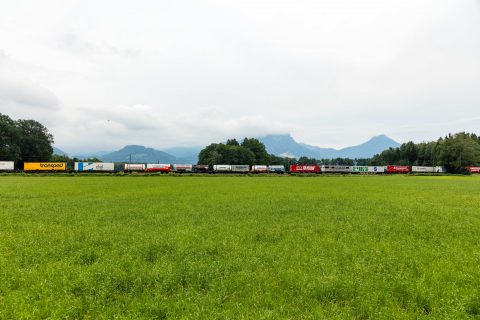
Germany has proposed to continue the reduction of track access charges until the end of 2021. Interestingly, the charges will almost be nullified; from the…
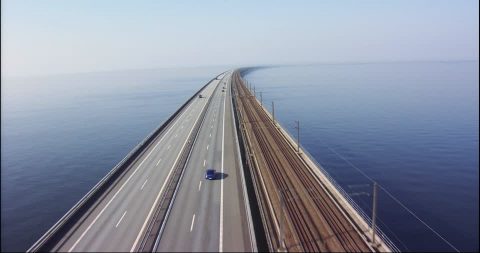
A level playing field for road and rail transport can only be achieved when charging for access to road or rail happens on an equal…
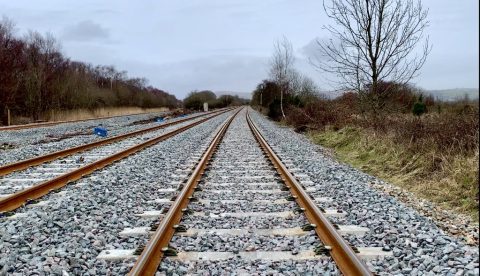
There are different ways in which countries determine segments on the rail market for infrastructure charging. In a webinar on 17 March, an online seminar…
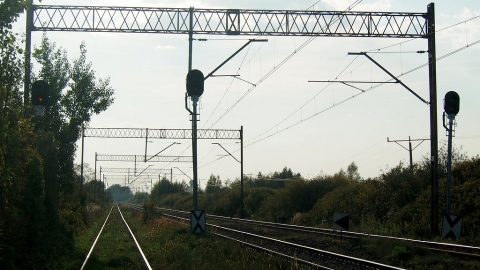
The Polish infrastructure manager PKP PLK has withdrawn its request to increase track access charges of the network in 2022. As a result, the fees…
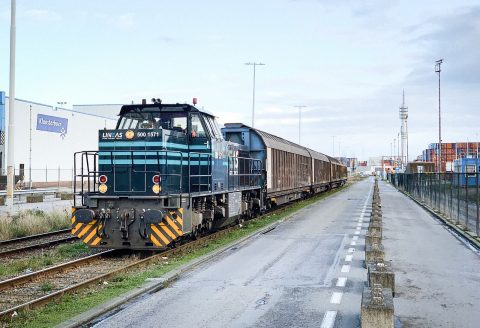
The Belgian government has announced to financially support the rail freight industry. Until 30 June, a reduced tariff applies for freight trains, and cancellation and…
Rail freight operators fear that from 2023 onwards, the track access charges in the Netherlands will be higher than those in neighboring countries. In particular,…
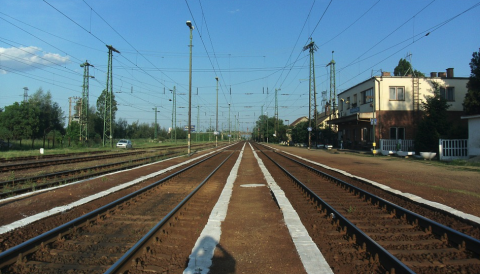
The Centre on Regulation in Europe (CERRE) has published a report outlining a series of recommendations to guide the European Commission, infrastructure managers and regulators…
On European rail freight corridors, one single price should apply. Currently, the method for calculating track access charges differs greatly among countries, which means procedures…
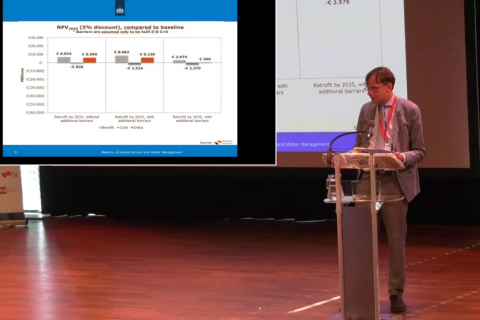
The Dutch government pleads for a mandatory bonus scheme on EU level incentivising the retrofitting of wagons. Retrofitting is the most cost-effective way to reduce…